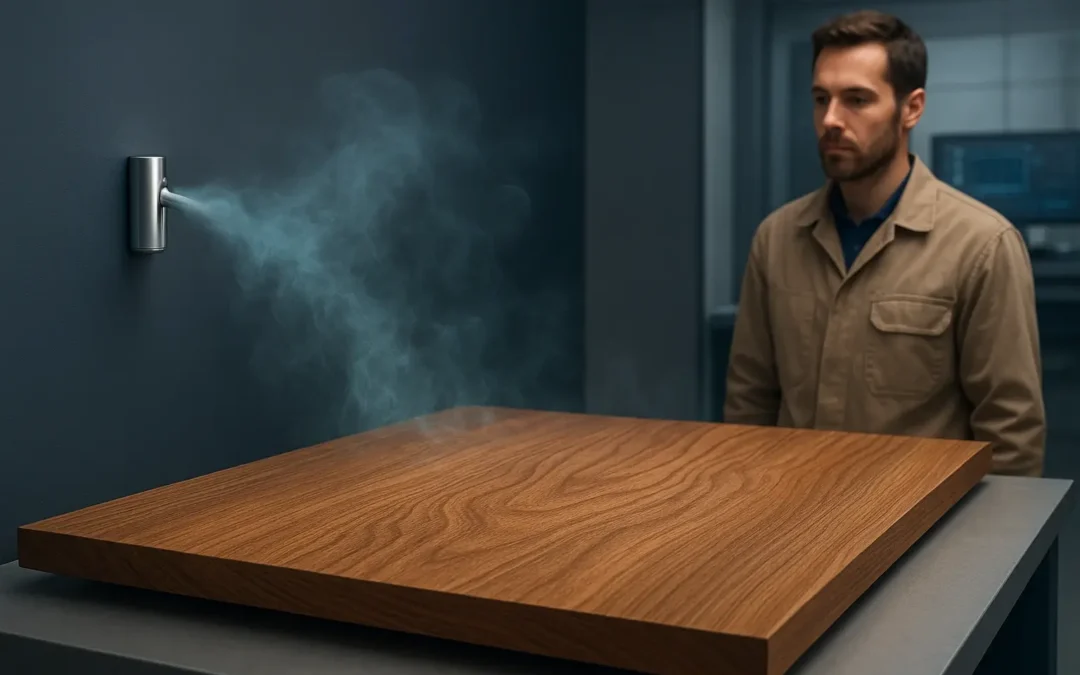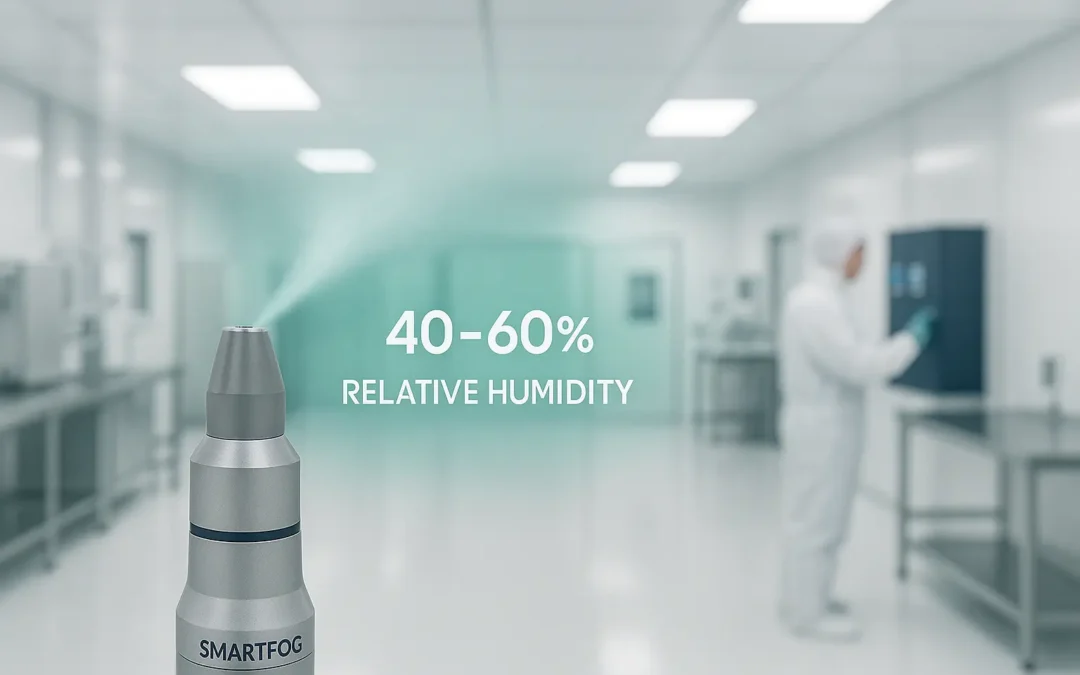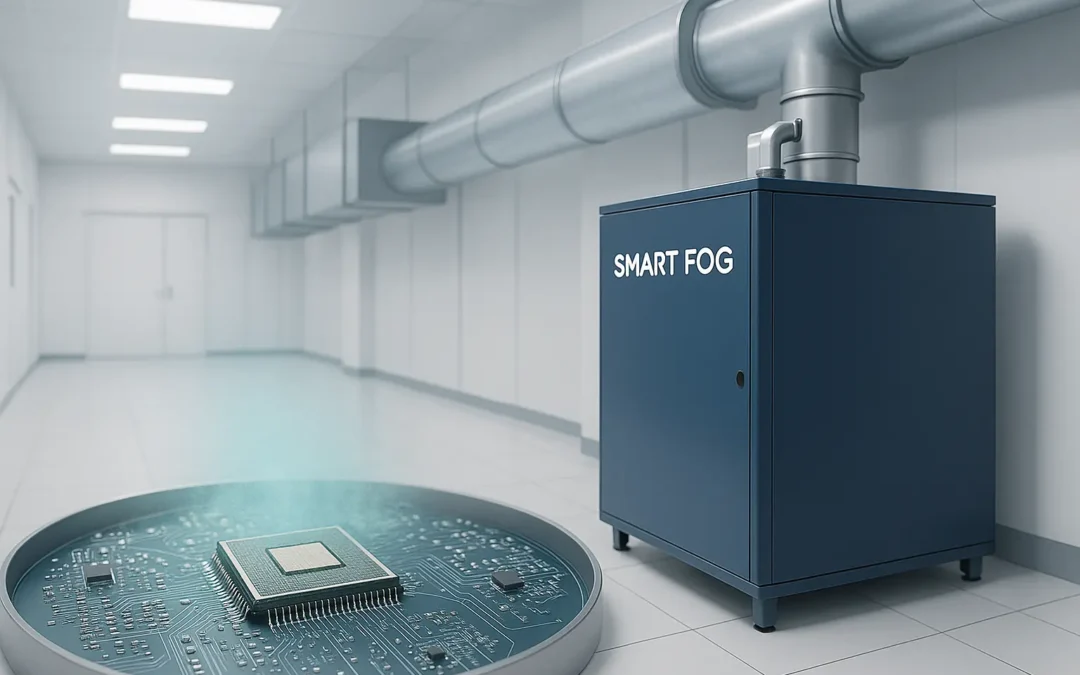Humidity is a part of everyday life. When it rains, it can have a considerable impact on the humidity in the air. It may cause too much humidity, thus adding too much moisture into the air. Understand more about how rain and humidity connected and affected. So, it will be easy for you to control humidity within your work environment. You can’t control the rain, but you can control the interior of your building.
Connection of Rain and Humidity
You may be surprised by how easily humidity can be affected by the weather. When it rains, the humidity is at 100%, which is why the clouds are unable to hold any more water.
When it rains, it will increase the relative humidity because of the evaporation. The air where the rain is falling may not be completely saturated with water vapor. However, the longer it rains, the more the humidity will increase because of the air constantly drawing the water.
The evaporation will cool the air and increase the absolute moisture content of the air locally. On a larger scale, rain will remove water vapor through air condensation and deposit it on the surface. This means that across larger volumes, the average relative humidity reduces through rain.
There are a variety of factors that need to be taken into consideration, including:
- Amount of rainfall
- Temperature
- Volume of space
When the air is hotter, it will cause the water to evaporate faster, thus creating a higher level of humidity. If the air is cooler, the water will reduce the humidity level and actually make it seem cooler than the temperature outside.
There is also the matter of the dewpoint temperature, which talks more heavily about moisture and the amount of water vapor in the air. It is the temperature that the air must be cooled to in order for air to reach saturation. Dewpoint can vary from the mid-60s all the way up to the high 80s depending upon location and the time of year. It’s also important to remember that humidity levels will affect everyone differently. However, the dew point will remain the same.
Controlling the Humidity in Your Business
Knowing how the weather can impact humidity is important as it pertains to your business. The last thing you want to deal with is air that is too humid – or not humid enough. The outside temperatures are likely going to impact the temperature on the inside of your building. This is because of the windows, doors, and other exits to the outside world. Unless you have a cleanroom where you have high-grade sealing on everything, it’s only natural for the air to come in, and for your air to leave.
When it rains, there is going to be a change in humidity. This means that you need to have humidifier products that use sensors. You want to make sure that the humidity within your building remains the same day in and day out. The only way to make this happen is through the use of sensors. These can collect information about the environment, including the temperature and the current humidity level. Once this information is collected and processed, the computer system will then tell the humidifier what it needs to do. It may release more droplets of air into the environment, or create more heat within the environment to dry up some of the added moisture.
Often, you are going to need a custom solution within your workspace so that you can maintain humidity, regardless of whether it chooses to rain outside or not.
Keep Humidity In Control With Smart Fog
Find out more about humidity and how to get help with your own commercial humidification needs by contacting Smart Fog Inc today.
Consult a Humidity Expert




